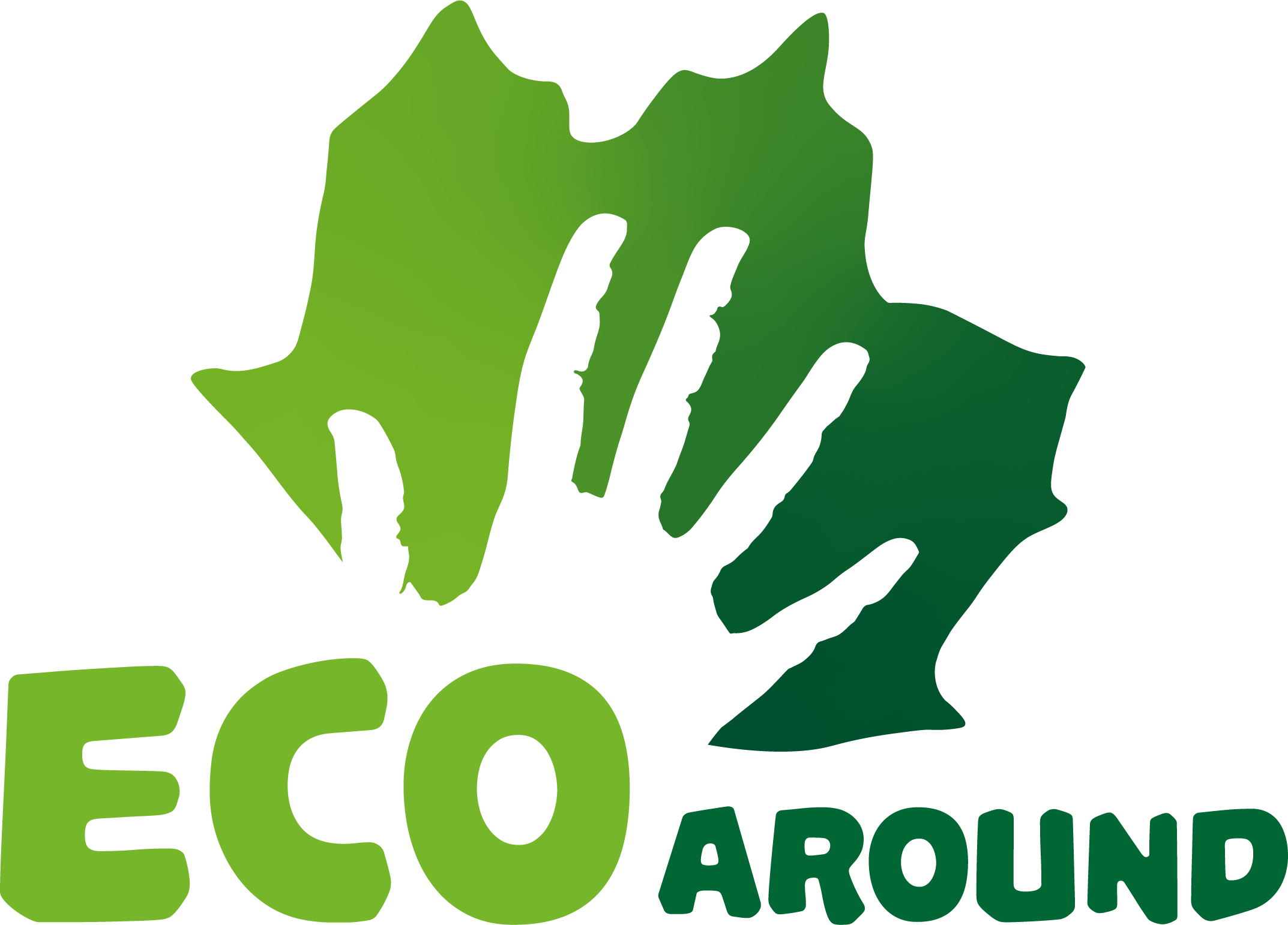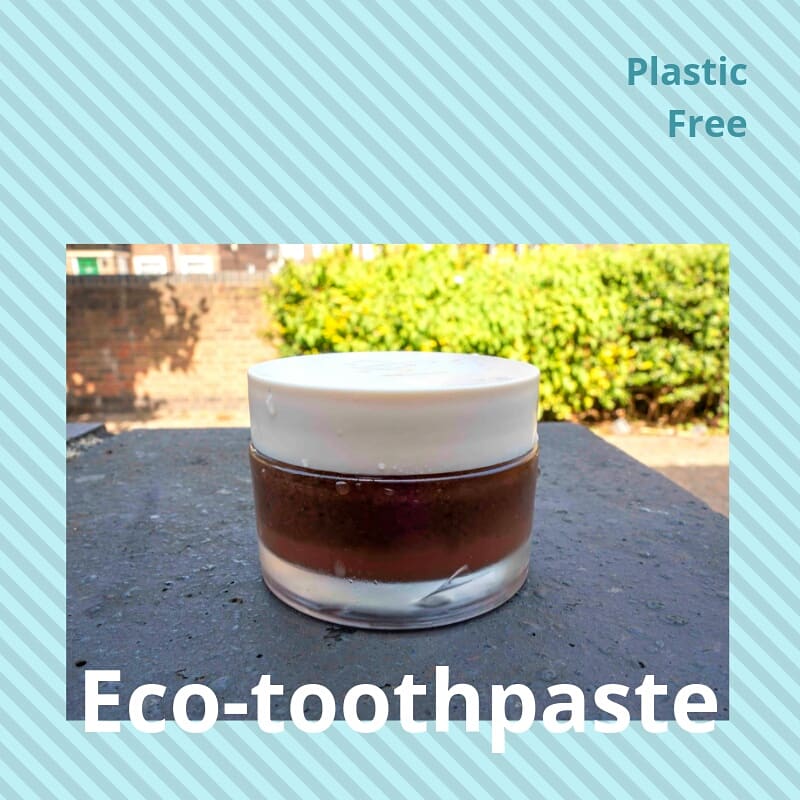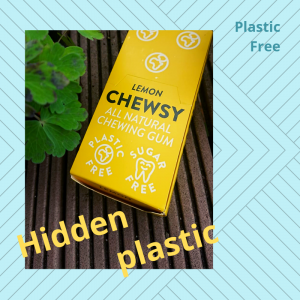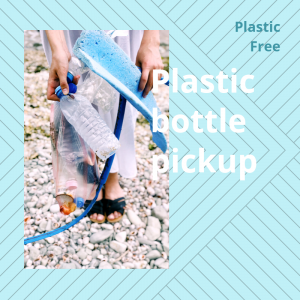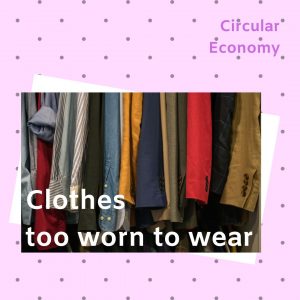Toothpaste tubes are very difficult to recycle as there are a number of different materials used in its production. Natural handmade toothpaste can be a good alternative.
So, the paste itself is a cocktail of chemicals that can damage aquatic life. By choosing to make your own toothpaste, or by buying toothpaste with sustainable packaging you can help to preserve the environment. Therefore, you also save energy involved in the production and disposal of these products.
Ludovica has been making some natural handmade toothpaste using a dentist-approved recipe for a few weeks now. Some of the ingredients are raw organic coconut oil (which boosts microbiomes in the gut). Cacao powder, (which promotes remineralization better than fluoride does as it is a cumulative poison). And, baking soda (this helps neutralize acids while not being too abrasive to your teeth).
Let’s start making a change!
You can find the full recipe here.
Upsides of making natural handmade toothpaste
Making your own toothpaste may interest you for a few reasons. You may want to:
- control the ingredients in your toothpaste
- reduce your consumption of plastic packaging
- customize the texture, flavour, or abrasiveness
- cut costs
Downsides of making natural handmade toothpaste
You’ll need to purchase supplies
To make your own toothpaste, you’ll need to get suitable supplies. For instance, a container to store the toothpaste (although you can perhaps use an old jar). Mixing and measuring tools, and the specific ingredients for your desired mixture.
Some online recipes have harmful ingredients
Be cautious of natural toothpaste recipes, even if they contain ingredients that seem harmless. Always avoid using hydrogen peroxide or vinegar in homemade toothpaste. So, these ingredients can break down your tooth enamel and cause yellowing teeth and problems with your gums.
[details above taken from Healthline]
